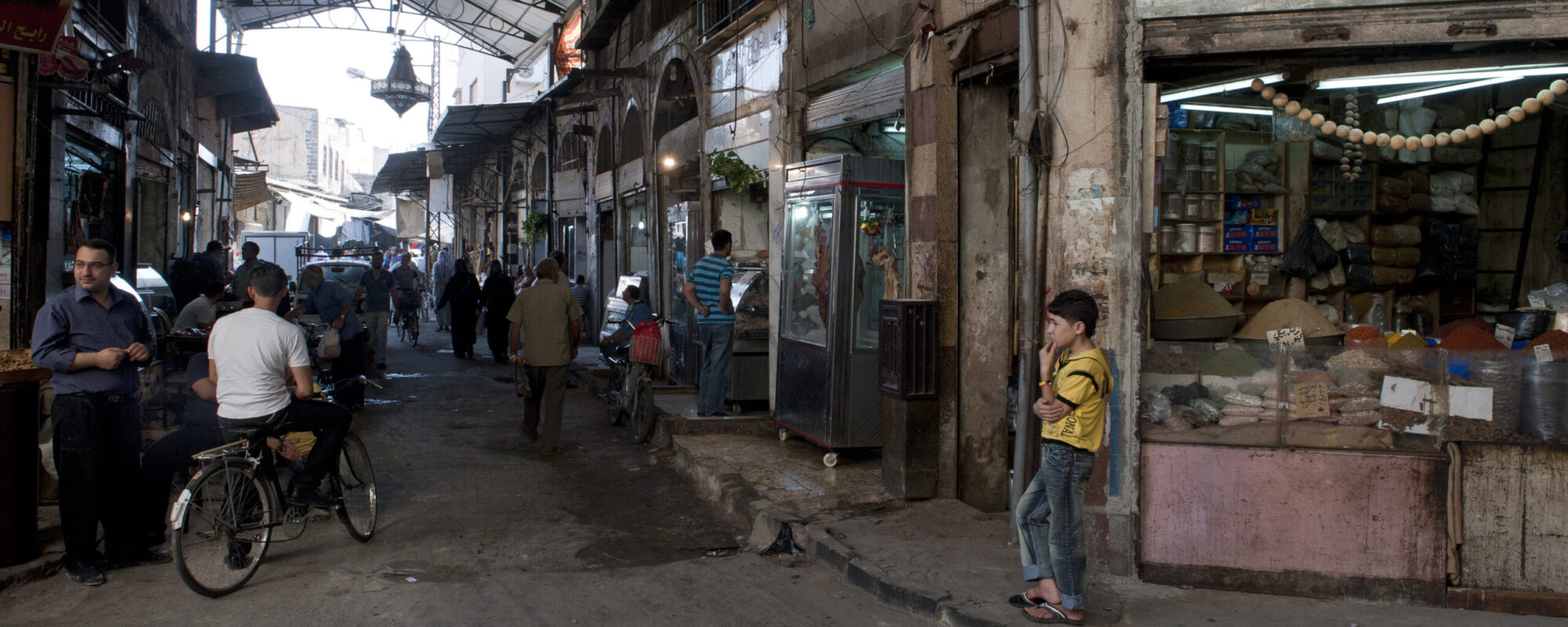The demise of Syrian President Bashar al-Assad’s authoritarian regime this month reminds former ICWA fellow Andrew Tabler (Syria, Lebanon, Egypt, 2005-07) of his time in Germany in 1989, just months before the fall of the Berlin Wall and collapse of the Soviet Bloc.
“I saw plenty of signs of what would lead to the fall of the Wall,” he said, recalling widespread optimism back then that the communist region’s economic and social malaise was coming to an end.
He went on to become director for Syria on the US National Security Council in 2019 and senior adviser to the State Department’s special representative for Syria in 2020-21. Now a senior fellow at the Washington Institute for Near East Policy, Andrew sees an unprecedented opportunity for a country emerging from decades of repression, saying he’s encouraged it appears the post-Assad transition will be “Syrian-led.”
However, “they are going to face a challenge in that the Syrian opposition is very divided,” he cautioned, adding that past cooperation among the country’s various political groups has been hard to come by. “I’m not sure what is going to make this time any different than previous attempts.”
The main opposition, the Islamist group Hayat Tahrir al-Sham (HTS), has become more pragmatic and Syria-focused in recent years. It has broken relations with the Al-Qaeda terrorist group and reduced the influence of foreign fighters but remains a US-and EU-designated terrorist organization—although that may soon change.
“Islam is going to have a lot to do with the basis of government, although that is not unusual in the Middle East,” Andrew said.
The country’s transition could be boosted by a 2015 United Nations Security Council resolution that outlines a negotiated process to a transitional government and holding national elections.
“It is the only path that has the potential to produce a democratic and representative form of government in Syria for the first time in decades,” Andrew wrote in The New York Times last week.
The existence of an internationally agreed mechanism is important, he stresses, adding that Russian Foreign Minister Sergei Lavrov seemed to express Moscow’s continued support for the resolution in the wake of the latest events on the ground.
“We don’t have time to deliberate about what kind of process it should be,” he said. “We need to get on with it because the country has been divided for so long.”
Fleeing a lightning offensive by HTS-led rebel groups earlier this month, Assad—who came to power in 2000 after the death of his father Hafez al-Assad—found asylum in Russia under the protection of longtime ally President Vladimir Putin. He will no longer play a substantial role in Syria, Andrew anticipates.
“Even those that were in the regime, that were around him, whom I met over the years, didn’t like him,” he said.
A leading commentator on Syria, Andrew achieved unparalleled long-term access to Bashar’s Syria during his fellowship, part of his 14 years living in the Middle East.
A major question now, he says, is “how will HTS treat minorities and women and… other political parties.” Although the group says it has committed itself to tolerance and inclusivity, many critics remain skeptical.
“They have been relatively accepting of various segments of Syrian society but we don’t know how this might change as a result of ruling over all of Syria instead of just part of it.”
Top photo: Bazaar in Homs, Syria (Dosseman, Wikimedia Commons)

